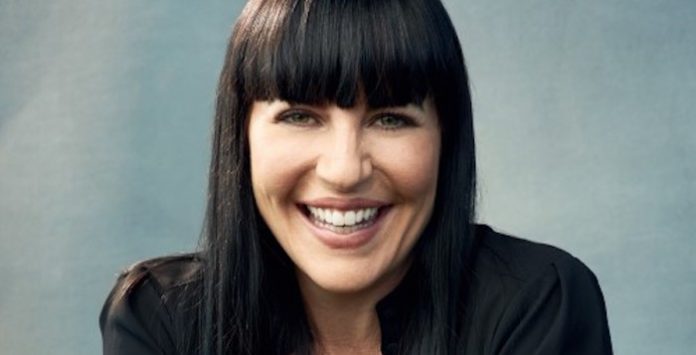I reached out to public relations expert Karla Jo Helms of JoTo PR to hear more about her strategy to transition the #MeToo movement from outrage to progress. She’s worried about the ‘backlash’ to the movement that’s beginning to shape the story as “witch hunt” versus “anti-feminist,” which in my view too, completely misses the point. False accusations are unfortunate, and certainly not all sexual harassment claims are the same – some perpetrators are worse than others – but the suffering that women (and many men) have endured for decades (okay centuries) needs to end, and THAT is the point.
“Social media may have been the spark that kindled the #MeToo movement and fanned the flames of division,” says Karla Jo, “but it can prove to be a unifying force if we use it to reset the strategy and create a new narrative.”
Here is my interview with Karla Jo where she discusses the ways in which PR stories can change the conversation from negative to positive.
Dr. Ava Cadell: I share your concerns about the #MeToo backlash, and would also like to see solutions for all of us to come together to make the world a safer place, rather than creating this division between women. I think all women agree that there’s a society-wide problem with violence against women, but of course false accusations are unacceptable. I’m curious about your take on how we can move forward to really make a difference in actual behavior, rather than get lost in this “witch hunt” versus “anti-feminist” story that isn’t what the conversation should be about.
Karla Jo Helms: In my opinion, we need to start publishing POSITIVE stories of women and men working together successfully to improve the world—improving business, improving economic and social issues, improving the environment, education, etc. What you put attention on, you get. Let’s start putting attention on what we really want—yes, we primarily want to stop being sexually harassed and harmed—but even more foundational than that, we want equality and the actual camaraderie of working together to improve our society and culture. It can be done. It is being done. We need more of it—we need to exploit the good.
DA: Are women losing real opportunities because of the #MeToo backlash? Which industries are most likely to be afraid of hiring more women for fear of sexual harassment accusations?
There have been many reports that women are concerned about not getting hired for fear that they’ll make sexual harassment claims. I started seeing it in the news in January, where women lawmakers in the Florida House and Senate were having that experience. In March the news picked up on it, with Vox publishing findings of a nationwide study. Some women are worried about the men in their lives getting falsely accused, others are worried that the men whose accusations are less serious are getting punished with the same fervor as more serious allegations.
But this entire scenario has yet to really play out completely. From my experience, when issues like this occur, I have seen people speak up LESS about sexual harassment in order to thwart the backlash! Speaking up can be the hardest thing to do, but speaking up is the only way for real substantive change to happen.
DA: What are the solutions you see to ending harassment in the workplace?
In my professional opinion, harassment in the workplace can be slowed by using a combination of Human Resources and Public Relations together. In fact, the only successful method I have seen get results is when HR is given the power to create strategies and carry them out with executive support, and the stories are amplified at least enough for the culture of the company to be affected. HR and PR departments need to work together.
These are the three main points of action as I see them, and all these things combined will create powerful change. You’ll note that in the first point, I’m advocating for rehabilitation for mild offenders, but this begs the question, “What is a mild offense?” This is a huge conversation in and of itself that needs to be initiated – how to define behaviors and categorize them.
- HR training, HR reporting, HR transparency to investigating, punishments for egregious offenders, rehabilitation for mild offenders, punishment for false reports/accusations, and ongoing education—not just a set it and forget it set of training modules once a year.
- PR—publishing internal and external stories, case studies and testimonials about gender quality and working together successfully to improve aspects of a business—and even the world. A continual connection to people’s ‘stories’ is imperative, otherwise the ‘staying power’ of the HR conversations get lost.
- Continue an ongoing campaign that includes both the HR and PR strategies above so that the workplace culture does not sink back into silence on these sexual harassment issues.
I don’t think you can ever be successful by staying static. Human history has proven that promoting healthy working relationships between men and women needs to be fostered continually to get positive results!






























